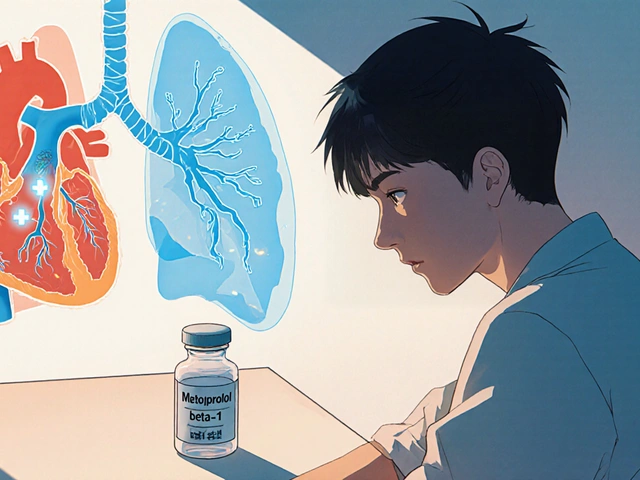Antiviral Therapy: What It Is, How It Helps, and What to Know
Ever wonder why doctors give you a pill instead of an antibiotic when you catch the flu? That's because viruses need a different approach – antiviral therapy. Unlike antibiotics that kill bacteria, antivirals target the life cycle of a virus, slowing it down or stopping it completely. This means less severe symptoms, faster recovery, and a lower chance of spreading the infection to others.
How Antiviral Therapy Works
Antiviral drugs act at specific points in a virus’s replication process. Some block the virus from entering a cell, others stop it from copying its genetic material, and a few prevent the new virus particles from leaving the cell. By interrupting these steps, the drug gives your immune system a better chance to win the fight. The effect depends on the virus type, the drug’s strength, and how early you start treatment – most antivirals work best when taken as soon as symptoms appear.
Common Types and When They're Used
There are three main groups you’ll see on a prescription label. Neuraminidase inhibitors like oseltamivir (Tamiflu) are used for flu viruses. Nucleoside analogues such as acyclovir treat herpes‑simplex and varicella‑zoster infections. Finally, protease inhibitors – think of the drugs used for HIV – block a key enzyme the virus needs to multiply. Your doctor picks the right class based on the infection, severity, and any other health conditions you have.
Most antiviral courses last five to ten days, but some chronic infections (like HIV or hepatitis C) require longer treatment plans. It’s important to finish the full course even if you feel better; stopping early can let the virus bounce back and may cause resistance.
Side effects are usually mild – headache, nausea, or a rash – but they can be tougher for certain people. If you’re pregnant, have liver disease, or take other medications, let your doctor know. They may adjust the dose or pick a different drug to keep you safe.
New antivirals keep hitting the market, especially for emerging viruses like COVID‑19 and RSV. Many of these newer drugs are taken as a single dose or a short pill regimen, making treatment easier than ever. Keep an eye on trusted health sources for updates, because the best therapy today might be different next year.
Bottom line: antiviral therapy is a targeted way to stop viruses in their tracks. Knowing the basics – how the drugs work, which types exist, and what to watch for – helps you work with your doctor and get back to feeling normal faster. If you suspect a viral infection, call your provider early and ask if an antiviral could help.






